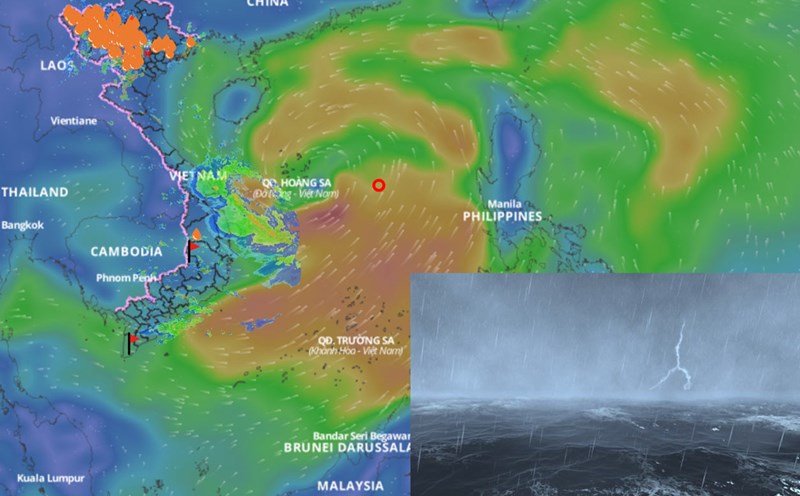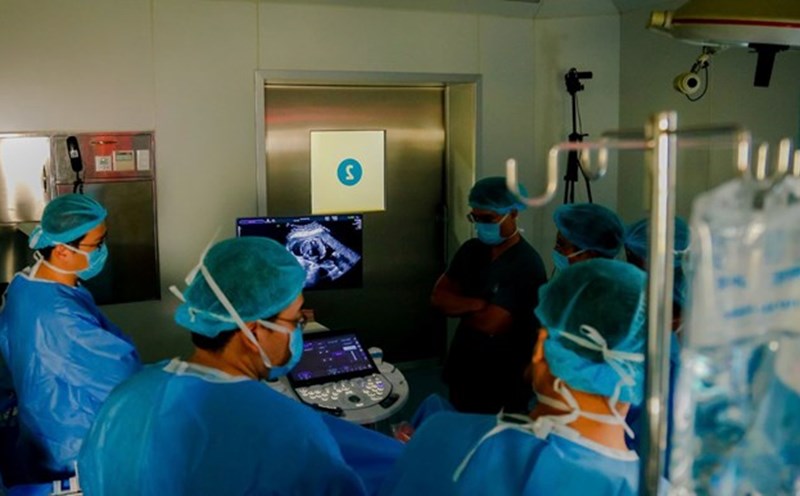During the transaction process, many businesses and business households encountered situations where customers transferred more than the order value, or deposited money in advance but then did not use goods or services, nor did they request a refund.
In these cases, many people wonder whether they need to issue a value-added tax (VAT) bill or not, and if so, how the tax rate will be applied.
Pursuant to Clause 1, Article 4 of Decree No. 123/2020/ND-CP dated October 19, 2020 of the Government, it is stipulated that:
Article 4. Principles of establishing, managing, and using invoices and documents:
1. When selling goods or providing services, sellers must prepare invoices to deliver to buyers (including cases of goods and services used for promotion, advertising, and samples; goods and services used for giving, giving, exchanging, paying wages to employees and domestic consumption (except for domestically traded goods to continue the production process); export goods in the form of lending, lending or returning goods) and must fully record the contents as prescribed in Article 10 of this Decree. In case of using electronic invoices, it must follow the data standard format of the tax authority as prescribed in Article 12 of this Decree.
Pursuant to Article 2 of Circular No. 219/2013/TT-BTC dated December 31, 2013 of the Ministry of Finance, it is stipulated that:
Article 2. Taxable subjects
Subjects subject to value-added tax (VAT) are goods and services used for production, business and consumption in Vietnam (including goods and services purchased by organizations and individuals abroad), except for subjects not subject to VAT as instructed in Article 4 of this Circular.
Pursuant to Clause 1, Article 5 of Circular No. 219/2013/TT-BTC dated December 31, 2013 of the Ministry of Finance, it is stipulated that:
Article 5. Cases that do not require declaration and payment of VAT
1. Organizations and individuals receiving fees for compensation in cash (including land fees, resettlement support); bonuses, support; emission rights transfer fees and other financial fees.
Business establishments do not have to declare or pay VAT on the above-mentioned revenues.
Thus, for the amount of money that customers pay excess but do not get back, or the money is transferred but does not result in the provision of goods and services, businesses do not have to issue VAT invoices. These are fees that do not require declaration and payment of VAT according to current regulations.











